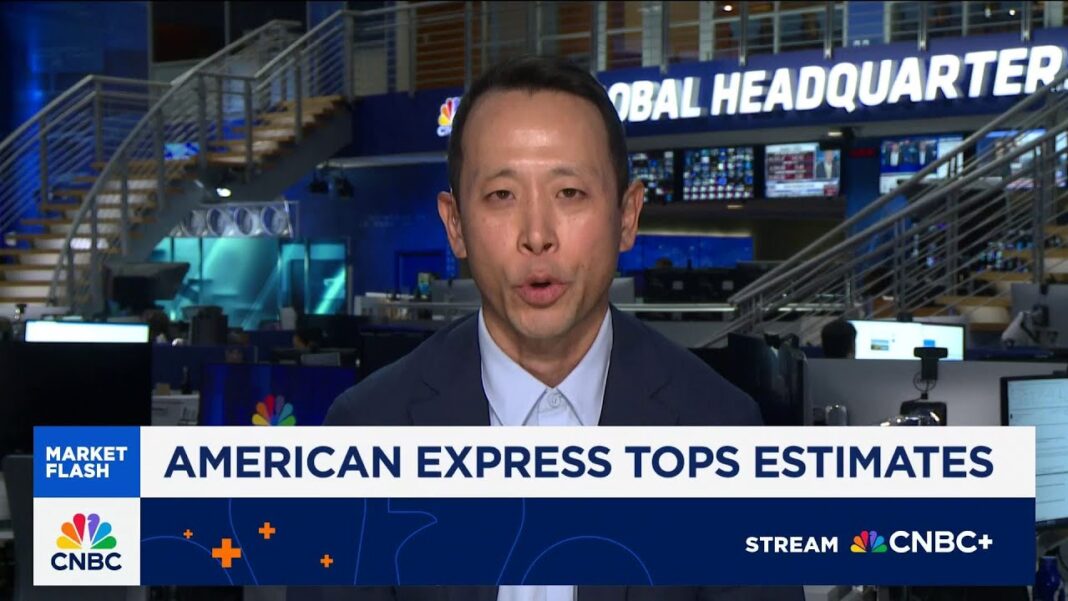The incident highlights CCP’s ‘hostage diplomacy’ and might be related to CCP top officials sending money abroad, observers said.
A senior executive of Wells Fargo, a U.S. citizen, has been banned from leaving China, renewing concerns over doing business in the communist state.
Analysts said that amid continued tensions between China and the United States and the Chinese Communist Party’s (CCP) intensified internal conflicts, safety risks faced by foreign businessmen in China are rising sharply.
U.S.-based Chenyue Mao, head of Wells Fargo’s international factoring business, has been banned from leaving China after entering the country in recent weeks. Mao was born in Shanghai and now lives in Atlanta. The U.S. banking giant has reportedly suspended all travel to China after the incident.
“We are closely tracking this situation and working through the appropriate channels so our employee can return to the United States as soon as possible,” Wells Fargo said in a statement on July 17.
“We have raised our concern with Chinese authorities about the impact arbitrary exit bans on U.S. citizens have on our bilateral relations and urged them to immediately allow impacted U.S. citizens to return home,” a spokesperson for the U.S. embassy in Beijing said. The embassy would not comment on the specifics of the case.
China often detains people on charges of espionage and economic crimes, “but the charges often lack transparency or evidence, and are more for diplomatic leverage,” Yeh Yao-Yuan, professor of Political Science and International Studies at the University of St. Thomas, told The Epoch Times on July 18. “Hostage diplomacy” has become a common practice of the CCP, he said.
Yeh said that as the trade tensions and technological competition between the United States and China continue, “such practice may be intended as bargaining chips, but will only further deteriorate the business environment and prompt foreign companies to reassess the risks of investing in China.”
By Alex Wu







